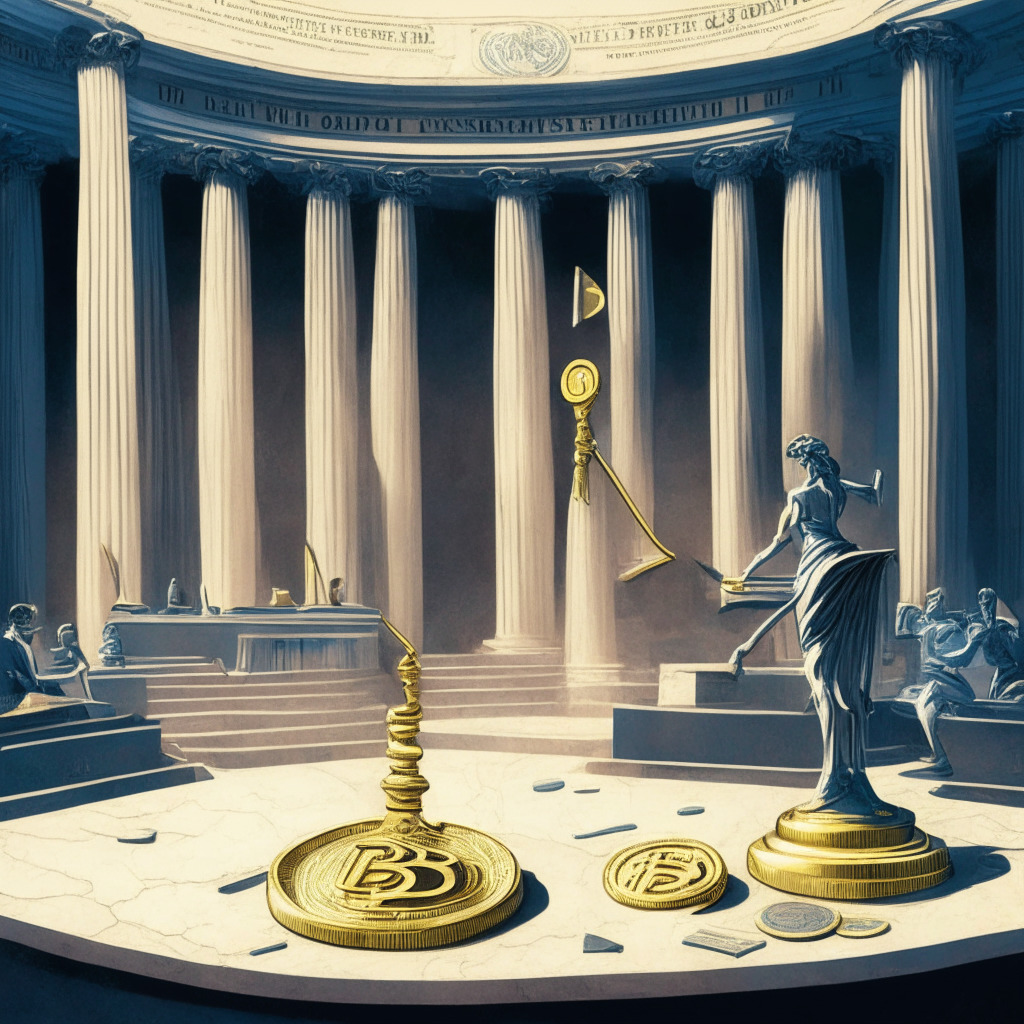The United States-based cryptocurrency exchange Coinbase recently announced a temporary pause on additional staking of assets in four states. This pause has been put in effect in response to legal procedures initiated by local regulators in California, New Jersey, South Carolina, and Wisconsin. These proceedings followed a lawsuit filed by the U.S. Securities and Exchange Commission (SEC) in June, accusing Coinbase of offering unregistered securities. This led to further regulatory action in 10 U.S. states. However, Coinbase has expressed disagreement with the accusation that its staking services are securities. Instead, the platform is choosing to comply with state orders until it has an opportunity to defend itself fully.
The reaction from Coinbase represents a central controversy in this situation; whether or not their staking services should be classified as securities. This decision could set a precedent with large scale implications for how blockchain and cryptocurrency technologies are regulated in the future.
Moreover, despite this setback, users based in several other states such as Alabama, Illinois, Kentucky, Maryland, Vermont, and Washington are still eligible to avail themselves of the staking services.
However, other crypto firms have faced similar issues, suggesting a broader pattern of conflicted dialogue between regulators and crypto companies. In February, Kraken settled with the SEC for $30 million, agreeing to stop offering staking services to U.S. clients. This indicates that crypto-commendable parties may not always perceive government regulations favorably. This is especially true when considering the contrasting philosophies of decentralization vs. centralized control, which plays a significant role in the blockchain and cryptocurrency landscape.
This event gives us a glimpse into a complex two-sided faceoff, characterized on one side by blockchain technology, which seeks to democratize financial systems by equipping individuals with more control; and on the other, by traditional regulatory bodies, which hold safeguarding consumer interest paramount.
This narrative is pivotal to the evolution of the blockchain and crypto space. It emphasizes the urgent need for a well-structured dialogue between the crypto community and regulatory bodies, which will inevitably shape the path of this emerging technology’s future. For now, the communities watch and wait for a verdict on Coinbase‘s case, which could have resounding impacts on the rules of the game.
Source: Cointelegraph




